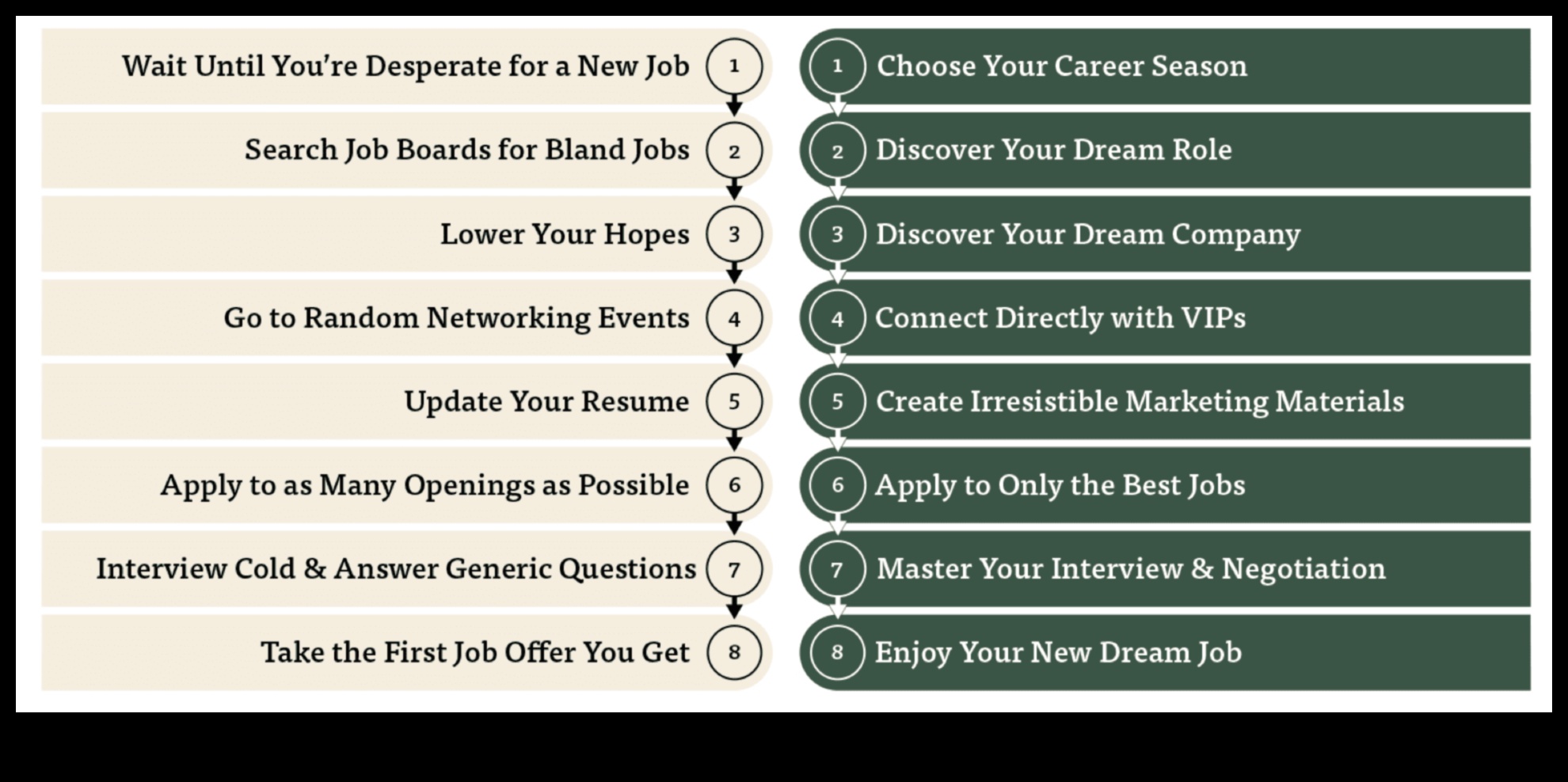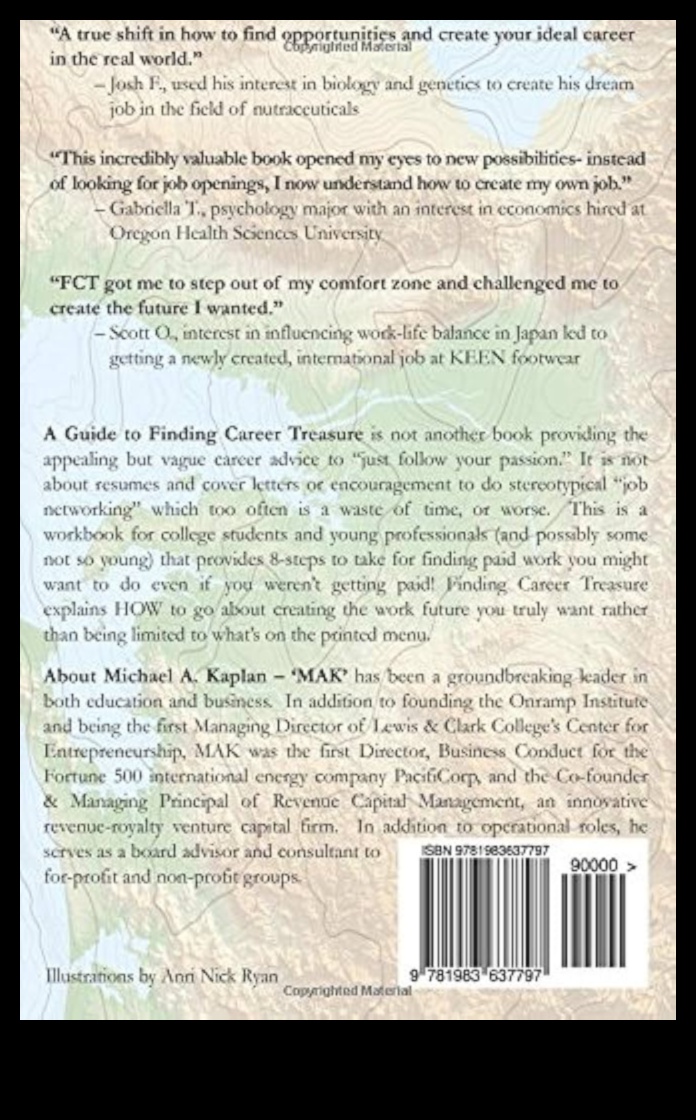
What Jobs Can You Get With a Degree in Economics?
-
Introduction
-
Types of economics jobs
-
Skills needed for economics jobs
-
Education and training requirements for economics jobs
-
Salary and benefits of economics jobs
-
Job outlook for economics jobs
-
How to find economics jobs
-
Tips for succeeding in an economics job
-
Common myths about economics jobs
-
FAQ
| Feature | Economics Jobs | Economics Degree | Careers in Economics | Economics Major | Economics Graduate |
|---|---|---|---|---|---|
| Introduction | This table provides an overview of the different types of economics jobs, the skills needed for these jobs, the education and training requirements, the salary and benefits, the job outlook, and how to find economics jobs. | This table provides an overview of the different types of economics degrees, the skills needed for these degrees, the education and training requirements, the salary and benefits, the job outlook, and how to find economics degrees. | This table provides an overview of the different types of careers in economics, the skills needed for these careers, the education and training requirements, the salary and benefits, the job outlook, and how to find careers in economics. | This table provides an overview of the different types of economics majors, the skills needed for these majors, the education and training requirements, the salary and benefits, the job outlook, and how to find economics majors. | This table provides an overview of the different types of economics graduates, the skills needed for these graduates, the education and training requirements, the salary and benefits, the job outlook, and how to find economics graduates. |

II. Types of economics jobs
There are many different types of economics jobs available, each with its own unique set of skills and qualifications. Some of the most common types of economics jobs include:
- Economics professor
- Financial analyst
- Investment banker
- Policymaker
- Research economist
- Statistician
- Teacher
- Writer
These are just a few examples of the many different types of economics jobs that are available. The specific type of job that you pursue will depend on your interests, skills, and qualifications.
III. Types of economics jobs
There are a wide variety of economics jobs available, each with its own unique set of responsibilities and requirements. Some of the most common types of economics jobs include:
- Economics professors
- Financial analysts
- Market researchers
- Quantitative analysts
- Policy analysts
- Research economists
- Statisticians
- Teachers
- Trade economists
IV. Education and training requirements for economics jobs
The education and training requirements for economics jobs vary depending on the specific job. However, most economics jobs require at least a bachelor’s degree in economics. Some jobs may also require a master’s degree or a Ph.D. in economics.
In addition to a degree in economics, employers may also look for candidates with experience in research, data analysis, and writing. Some jobs may also require candidates to have knowledge of specific software programs, such as econometrics software and statistical software.
If you are interested in an economics job, it is important to start preparing early. Get involved in extracurricular activities that will help you develop your skills and knowledge in economics. Take courses in research, data analysis, and writing. And, if possible, gain experience working in an economics-related job or internship.

V. Salary and benefits of economics jobs
The median annual salary for economists was $108,370 in May 2020. The top 10% of earners made more than $172,180, while the bottom 10% earned less than $60,460.
Economics jobs offer a variety of benefits, including:
- High pay
- Job security
- Flexibility
- Opportunities for advancement
Economics jobs are in high demand, and there are many opportunities for people with a degree in economics. The job market is expected to grow by 8% between 2020 and 2030, faster than the average for all occupations.
Economics jobs are available in a variety of industries, including:
- Government
- Finance
- Business
- Education
- Non-profit
With a degree in economics, you can find a job that is both challenging and rewarding. You can make a difference in the world by using your skills to help people and businesses make informed decisions.

VI. Job outlook for economics jobs
The job outlook for economics jobs is generally good. According to the Bureau of Labor Statistics, the employment of economists is expected to grow by 14% from 2020 to 2030, faster than the average for all occupations. This growth is expected to be driven by the increasing demand for economists in a variety of industries, including finance, government, and consulting.
Economist jobs are typically found in a variety of industries, including:
- Financial services
- Government
- Consulting
- Research
- Education
The median annual salary for economists was $108,350 in 2020. The top 10% of earners made more than $173,100, while the bottom 10% made less than $62,900.
Economist jobs are typically full-time positions, and many economists work more than 40 hours per week. However, some economists may also work part-time or on a contract basis.
The job outlook for economics jobs is good, and there are a variety of industries where economists can find employment. Economists typically earn a good salary, and many jobs are full-time.

VII. How to find economics jobs
There are a number of ways to find economics jobs. Here are a few tips:
Network with your professors and classmates. Your professors and classmates are a great resource for finding economics jobs. They may know of job openings that are not advertised publicly, and they can also provide you with letters of recommendation.
Use online job boards. There are a number of online job boards that list economics jobs. Some popular job boards include Indeed, Monster, and CareerBuilder.
Attend job fairs. Job fairs are a great way to meet employers and learn about job openings. You can find job fairs in your local area by searching online or by contacting your local Chamber of Commerce.
Contact companies directly. If you are interested in working for a particular company, you can contact them directly to inquire about job openings. You can find contact information for companies online or by using a company directory.
Use social media. Social media can be a great way to connect with employers and find job openings. You can use LinkedIn to connect with former classmates and colleagues, and you can use Twitter to follow companies that you are interested in working for.
Once you have found a few job openings that you are interested in, it is important to prepare your resume and cover letter. Your resume should be tailored to the specific job that you are applying for, and your cover letter should highlight your skills and experience that are relevant to the job.
It is also important to practice your interview skills. You can practice with a friend or family member, or you can sign up for a mock interview. When you are interviewing for an economics job, be prepared to answer questions about your education, experience, and skills. You should also be prepared to ask questions about the job and the company.
Finding an economics job can be challenging, but it is definitely possible. By following these tips, you can increase your chances of finding a job that is a good fit for your skills and interests.
Tips for succeeding in an economics job
Here are some tips for succeeding in an economics job:
- Develop strong analytical skills. Economics jobs require the ability to analyze data and information, and to make sound decisions based on that analysis.
- Be able to communicate effectively. Economics jobs often require communicating with clients, colleagues, and the public. You need to be able to clearly and concisely explain complex economic concepts.
- Be able to work independently and as part of a team. Economics jobs can involve working independently or as part of a team. You need to be able to work effectively in both settings.
- Be willing to learn new things. The field of economics is constantly changing, so you need to be willing to learn new things and keep up with the latest trends.
- Be passionate about economics. If you’re not passionate about economics, it will be difficult to succeed in an economics job.
IX. Common myths about economics jobs
There are a number of common myths about economics jobs that can prevent people from pursuing a career in this field. Some of these myths include:
- “You need to be a math genius to be an economist.”
- “Economics jobs are only available in academia.”
- “Economics jobs are all low-paying.”
- “Economics jobs are boring.”
In reality, none of these myths are true. While it is true that some economics jobs require a strong understanding of math, it is not necessary to be a math genius to succeed in this field. Economics jobs are also available in a variety of industries, including government, finance, and consulting. And while it is true that some economics jobs do not pay well, there are also many high-paying economics jobs available. Finally, economics jobs are not necessarily boring. In fact, economics can be a very challenging and rewarding field to work in.
If you are interested in a career in economics, it is important to be aware of these common myths. By understanding the reality of economics jobs, you can make an informed decision about whether or not this field is right for you.
X. FAQ
Q1: What are the different types of economics jobs?
A1: There are many different types of economics jobs, including:
- Analysts
- Consultants
- Researchers
- Teachers
- Policymakers
Q2: What skills are needed for economics jobs?
A2: Economics jobs require a variety of skills, including:
- Math skills
- Analytical skills
- Communication skills
- Problem-solving skills
- Research skills
Q3: What is the salary and job outlook for economics jobs?
A3: The median salary for economists is \$108,350 per year, according to the Bureau of Labor Statistics. The job outlook for economists is expected to grow by 6% from 2020 to 2030, which is faster than the average for all occupations.